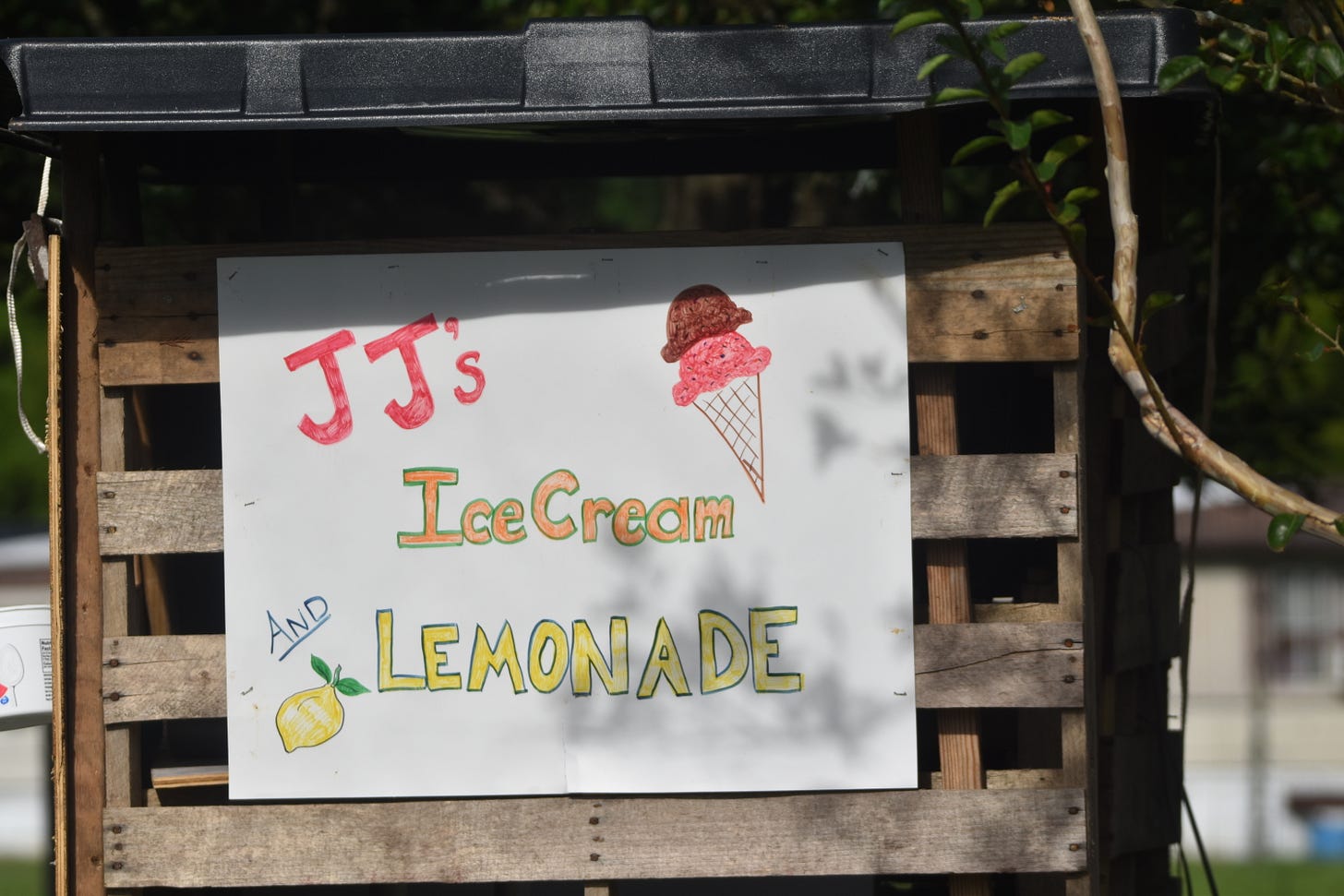Ruminations on "Rurality" with Christy Hyman
Christy Hyman, Andrew W. Mellon Postdoctoral Fellow, Department of History, Cornell University
This post features opening remarks delivered by Christy Hyman, co-chair of the RGSG JEDI committee, for the RGSG keynote session at the 2023 AAG Annual Conference: Growing Just and Democratic Rural Communities by Loka Ashwood. Hyman raises big questions to the audience about the assumptions, associations, and experiences that define “rural” and “rural spaces” and touches upon opportunities to expand the collective understanding of what it means to be rural.
Words by Christy Hyman
If one were to do a simple Google search of the term ‘rurality,’ it immediately returns.
A small population size.
A generally low population density.
A smaller choice when it comes to shopping, medical services, and so on.
A lower cost of living.
Lower wages and more poverty.
Lots of nature and natural resources, farming and ranch land, and.
An aging population.
These attributes point to an array of vulnerabilities that define some of the challenges and demands of rural living.
When we discuss the scholarly engagement with rural processes in rural sites on the surface of the Earth, these vulnerabilities may be put front and center or embedded. Yet, the challenges of trying to live and thrive in rural spaces, trying to do qualitative research in rural spaces, and even, in some cases, trying to create certain infrastructural sustainability in rural spaces are still tempered by national issues of political, economic, and social concern and what role rural places play in such issues of national concern.
Who is concerned with rural matters?
In a 2016 essay in National Review, Kevin Williamson said, “The truth about these small towns, which he uses the term downscale communities, is that they deserve to die,” He goes on to say, “Economically, they are negative assets. They need real opportunity, which means that they need real change, which means that they need a U-Haul.”
Economists believe that leaving rural places is the best solution for its residents. But what about the people who cannot relocate? OR the people who feel a deep connection to rural places?
The U.S. Congress Committee on Economics found that declining population, limited employment opportunities, and lack of public investment pose significant challenges to the economic vitality of rural communities. Rural communities face a variety of structural challenges constraining growth. The geographic remoteness of rural areas makes routine economic interactions more difficult and costly. Rural economies are more likely than urban ones to rely heavily on a single industry or employer, which leaves them vulnerable should the employer leave town. Insufficient rural infrastructure—roads, water systems, and broadband access—limits growth in countless ways. Even opportunities to access federal funds can be more difficult for rural communities since they may not have professional staff to prepare and submit competitive grant applications.”
Adding to all this is the social forces read the legacy of historical oppression that has created specific social orders, especially in the south that further close up systems to only a few… in these rural places.
So, as we think about the work we do across Rural Geographies, we must always begin with these (above-mentioned) realities of rural life.
Loka Ashwood’s work is an essential intervention in understanding the challenges of the rural. Some of her work has examined power across different sectors to examine the role of Big Finance and its relation to Big Ag and how key players in those industries limit the capacity for smaller-scale farmers, equipment producers, and regional banks to engage assertively. Looking at hog production as an industry along with these analytics in mind places the plight of the rural worker into sharper relief since hog and poultry farms predominate as available work prospects for many rural locales.
Ashwood also examines corporate landowners, their powerful creditors, property rights, and rural justice.
This body of work seeks to demystify some of the processes that continue to stagnate rural economic development. Still, it shows how our work can animate rural social and political struggles to build more just and equitable landscapes.
— Christy Hyman, Co-Chair of RGSG Justice, Equity, Diversity, and Inclusion subcommittee.
Learn more about Loka Ashwood and her work here.
Click here: Gallery or on the Photo below for Loka Ashwood’s AAG’s 2023 Keynote on Growing Just and Democratic Rural Communities.
Author’s Bio







